Avatar: The Way of Water divides the critics
James Cameron sequel both slated as ‘Wet Smurfahontas stodgeathon’ and welcomed as awe-inspiring ‘gift’

A free daily email with the biggest news stories of the day – and the best features from TheWeek.com
You are now subscribed
Your newsletter sign-up was successful
The sequel to James Cameron’s 2009 sci-fi epic Avatar is making waves among critics after finally debuting at cinemas worldwide.
“Astonishing! Enthralling! Exciting! Immersive!” said Mark Kermode in The Observer. “None of these words could sensibly be applied to the three-and-a-quarter-hour Wet Smurfahontas stodgeathon that is Avatar: The Way of Water.”
Not everyone agreed, however. The second instalment in director James Cameron’s expected five-film franchise leaves viewers “wrapped in images so splendid you can barely look away”, said Alissa Wilkinson in Vox.
The Week
Escape your echo chamber. Get the facts behind the news, plus analysis from multiple perspectives.

Sign up for The Week's Free Newsletters
From our morning news briefing to a weekly Good News Newsletter, get the best of The Week delivered directly to your inbox.
From our morning news briefing to a weekly Good News Newsletter, get the best of The Week delivered directly to your inbox.
‘Bland aesthetics and banal emotions’
Fifteen years separate the second and third films in The Godfather trilogy, said Richard Brody in The New Yorker, and Francis Ford Coppola enriched the latter movie with “both the life experience (much of it painful) and the experience of his work on other, often daring and distinctive films with which he filled the intervening span of time”. By contrast, Cameron has directed no other features films since Avatar was released 13 years ago, and the “sole experience” that his sequel suggests “is a vacation on an island resort so remote that few outside visitors have found it”.
This follow-up’s “bland aesthetics and banal emotions turn it into the Club Med of effects-driven extravaganzas”, Brody wrote.
This “lumbering, humourless, tech-driven damp squib of a movie” only “builds upon the mighty flaws of its predecessor”, said Kermode in The Observer. Originally scheduled for release in 2014, the long-awaited sequel is a “patience-testing fantasy dirge that is longer, uglier and (amazingly) even more clumsily scripted than its predecessor”.
Cameron’s new film is an “unchallenging cartoon for grown-ups and kids alike”, wrote Rich Juzwiak for Jezebel. The plot is “as slim as the long-torsoed body of a Na’vi and as clear as the water the central ‘reef people’ characters swim in”. The movie is “less an achievement in storytelling and more a marvel of world-building, a visual feast with mostly empty calories”, which is “kind of maddening” given the film’s reported budget of up to $450m, he added.
A free daily email with the biggest news stories of the day – and the best features from TheWeek.com
Filling ‘an awe-shaped void’
The set-up for Water is “in many ways a rehash of the first film”, said Miles Surrey on The Ringer. Our protagonist Jake Sully (played by Sam Worthington) is once again “thrust” into a new environment to which he must adapt, “only this time he’s got a family along for the ride”.
But while the film’s “biggest skeptics” have “plenty of reasons” to doubt it, Surrey continued, they’re forgetting “the cardinal rule of blockbusters” – “when Cameron makes one, he never misses”. And it seems “the solution for adding a new dimension to the sequel is right there in the title”. Having explored “the lush forests of Pandora” in the first film, the sequel “moves the action to Cameron’s natural habitat: the ocean”.
This latest release has “myriad deficiencies”, said Wilkinson on Vox, yet it “filled an awe-shaped void in my heart”. From the moment that the film’s “first elegant sequence arrived on screen, I sat up straighter, leaned forward, and found myself in a world quite other than my own”.
And “if a movie can make us transcend ourselves”, she concluded, “even just for an hour, I hope we don’t squander that gift”.
Sorcha Bradley is a writer at The Week and a regular on “The Week Unwrapped” podcast. She worked at The Week magazine for a year and a half before taking up her current role with the digital team, where she mostly covers UK current affairs and politics. Before joining The Week, Sorcha worked at slow-news start-up Tortoise Media. She has also written for Sky News, The Sunday Times, the London Evening Standard and Grazia magazine, among other publications. She has a master’s in newspaper journalism from City, University of London, where she specialised in political journalism.
-
 The Week Unwrapped: Do the Freemasons have too much sway in the police force?
The Week Unwrapped: Do the Freemasons have too much sway in the police force?Podcast Plus, what does the growing popularity of prediction markets mean for the future? And why are UK film and TV workers struggling?
-
 Properties of the week: pretty thatched cottages
Properties of the week: pretty thatched cottagesThe Week Recommends Featuring homes in West Sussex, Dorset and Suffolk
-
 The week’s best photos
The week’s best photosIn Pictures An explosive meal, a carnival of joy, and more
-
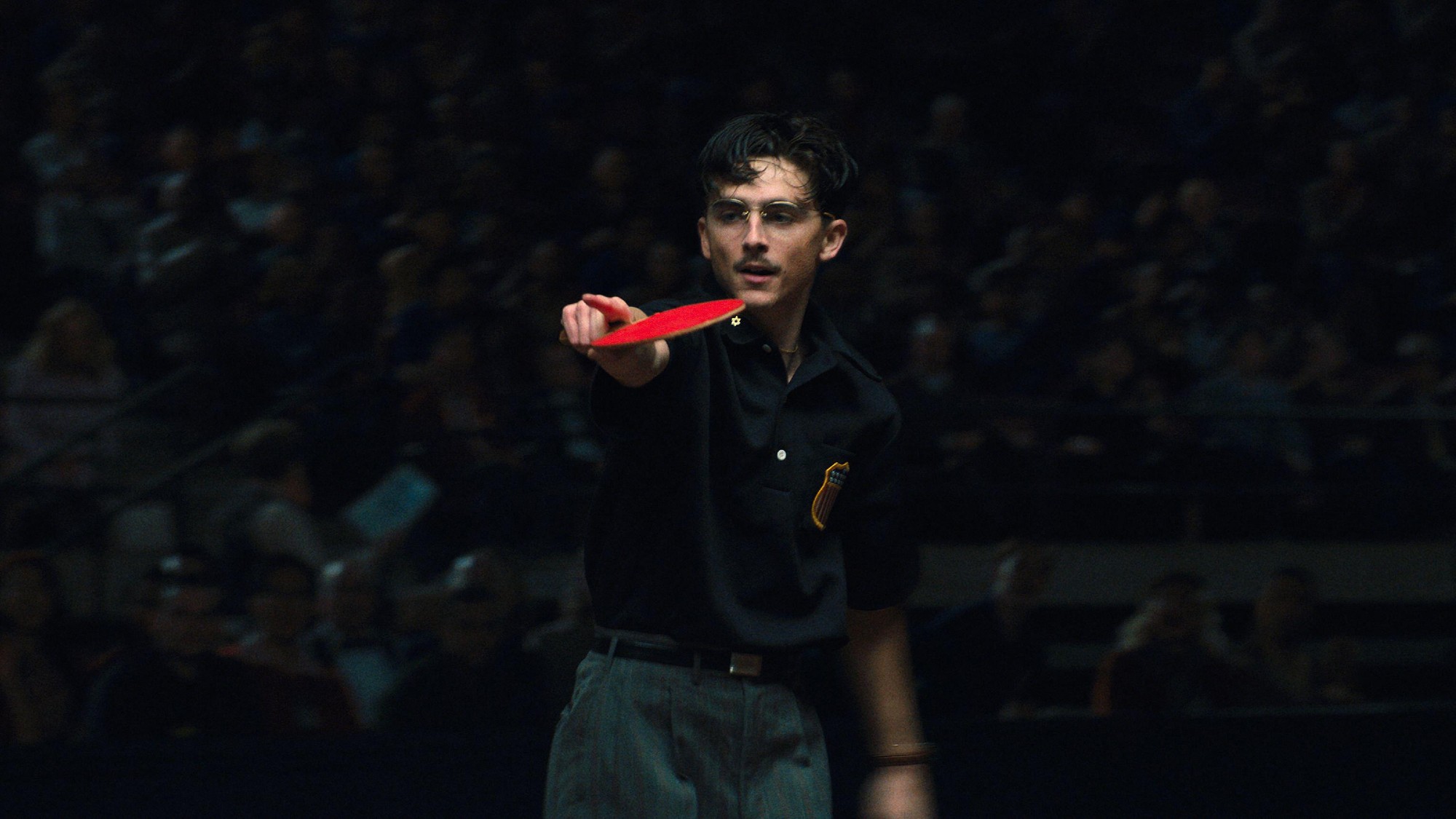 The real tragedy that inspired ‘Hamlet,’ the life of a pingpong prodigy and the third ‘Avatar’ adventure in December movies
The real tragedy that inspired ‘Hamlet,’ the life of a pingpong prodigy and the third ‘Avatar’ adventure in December moviesThe Week Recommends This month’s new releases include ‘Hamnet,’ ‘Marty Supreme’ and ‘Avatar: Fire and Ash’
-
 Friendship: 'bromance' comedy starring Paul Rudd and Tim Robinson
Friendship: 'bromance' comedy starring Paul Rudd and Tim RobinsonThe Week Recommends 'Lampooning and embracing' middle-aged male loneliness, this film is 'enjoyable and funny'
-
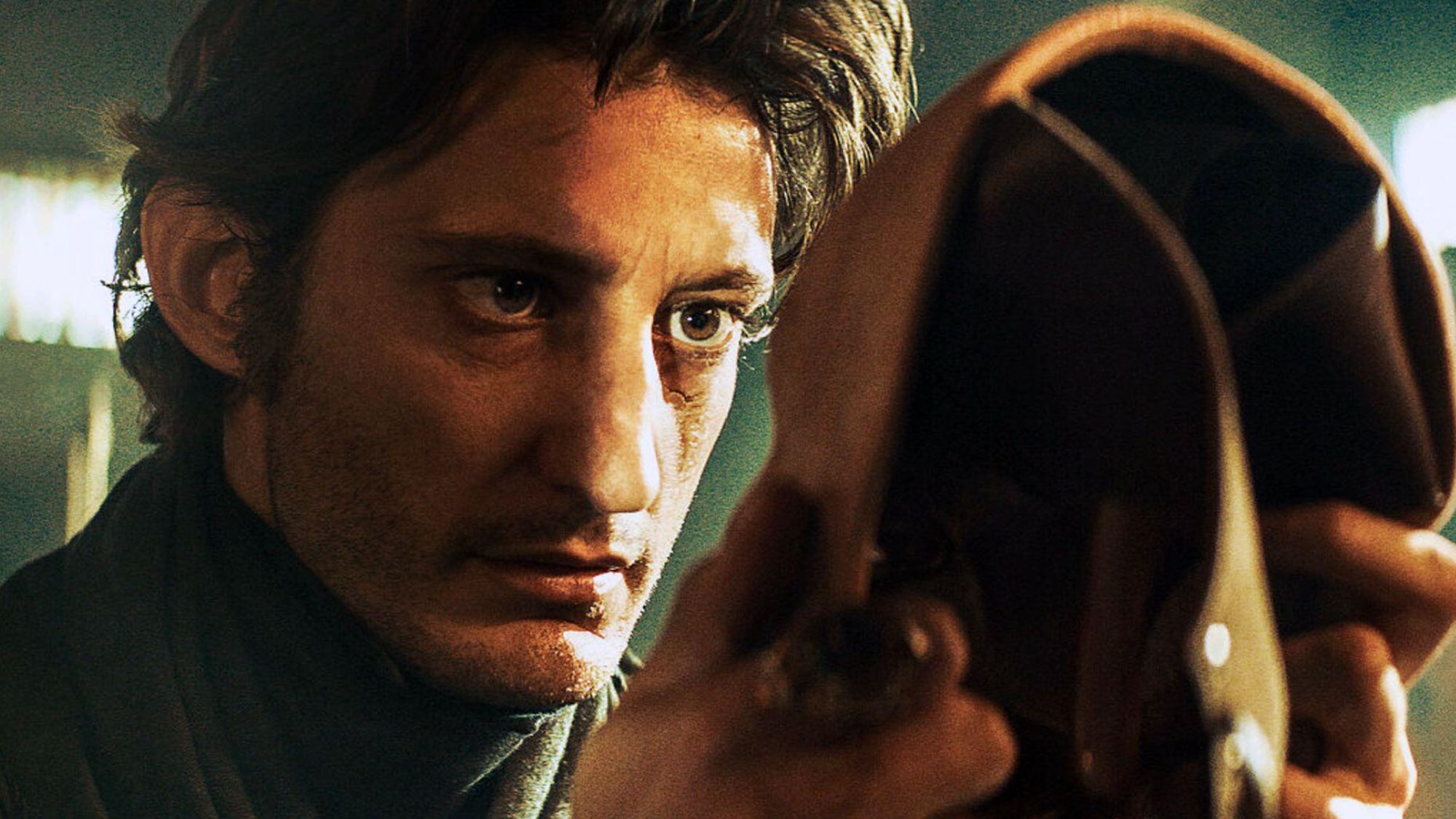 The Count of Monte Cristo review: 'indecently spectacular' adaptation
The Count of Monte Cristo review: 'indecently spectacular' adaptationThe Week Recommends Dumas's classic 19th-century novel is once again given new life in this 'fast-moving' film
-
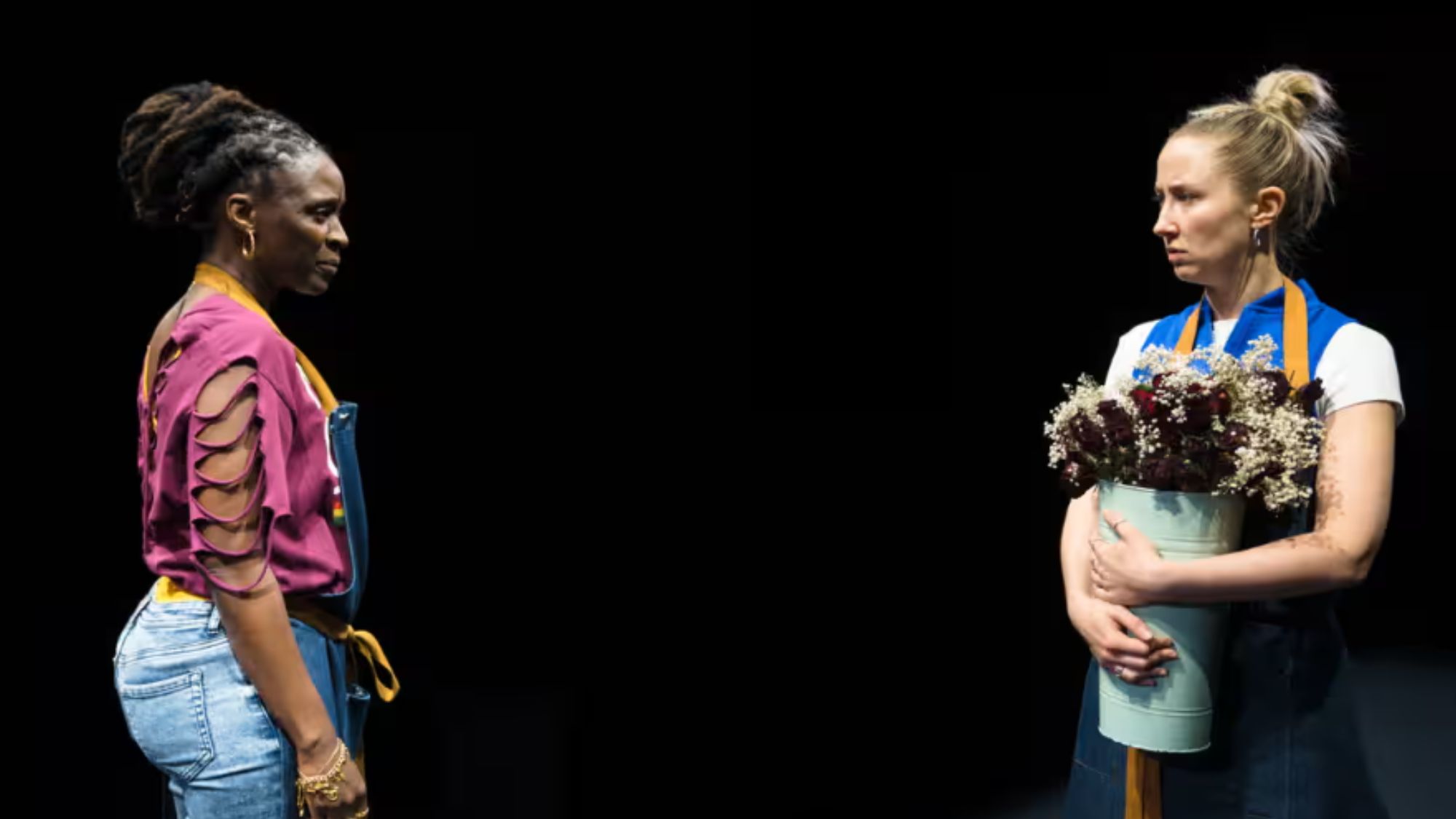 Death of England: Closing Time review – 'bold, brash reflection on racism'
Death of England: Closing Time review – 'bold, brash reflection on racism'The Week Recommends The final part of this trilogy deftly explores rising political tensions across the country
-
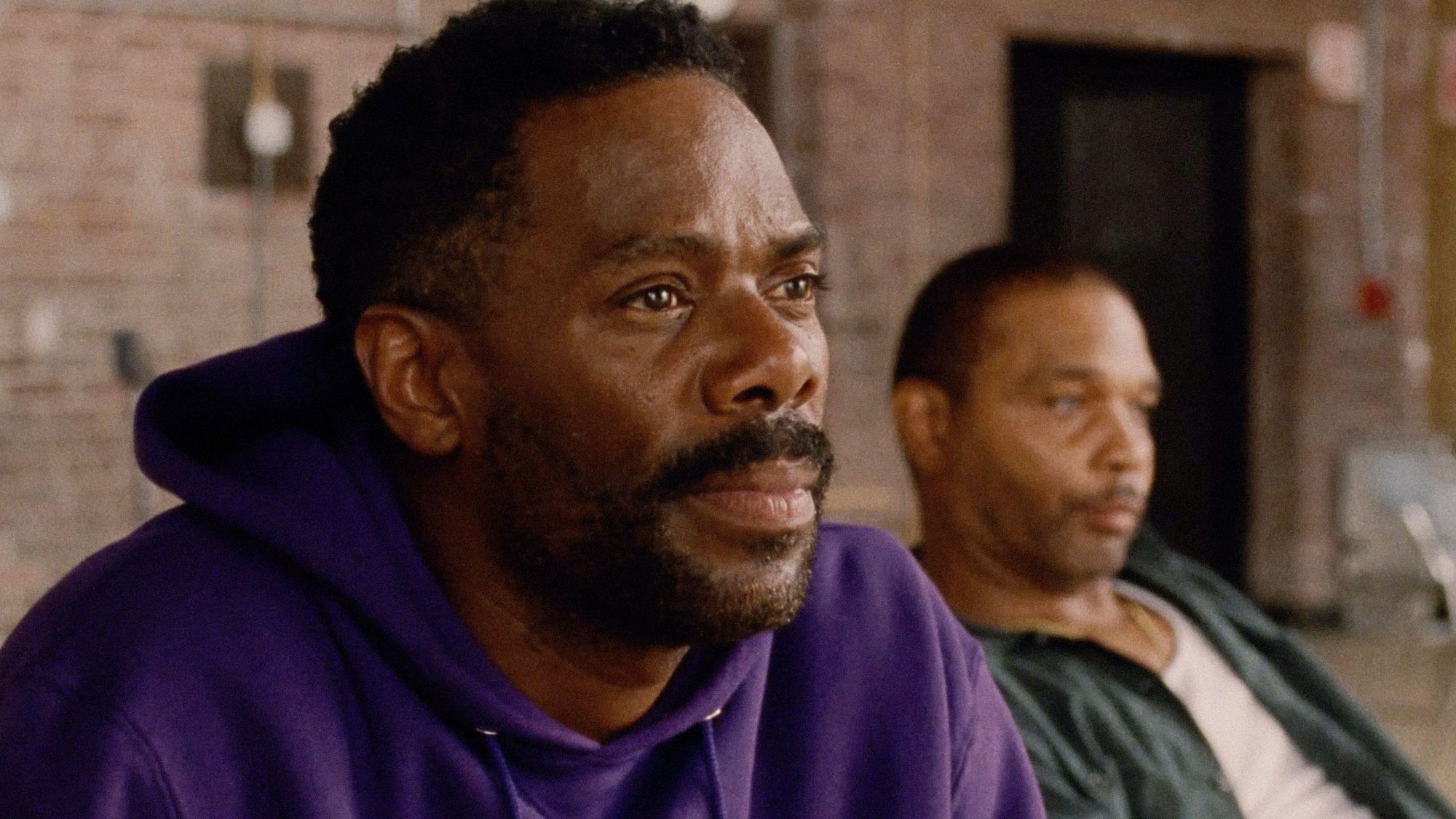 Sing Sing review: prison drama bursts with 'charm, energy and optimism'
Sing Sing review: prison drama bursts with 'charm, energy and optimism'The Week Recommends Colman Domingo plays a real-life prisoner in a performance likely to be an Oscars shoo-in
-
 Kaos review: comic retelling of Greek mythology starring Jeff Goldblum
Kaos review: comic retelling of Greek mythology starring Jeff GoldblumThe Week Recommends The new series captures audiences as it 'never takes itself too seriously'
-
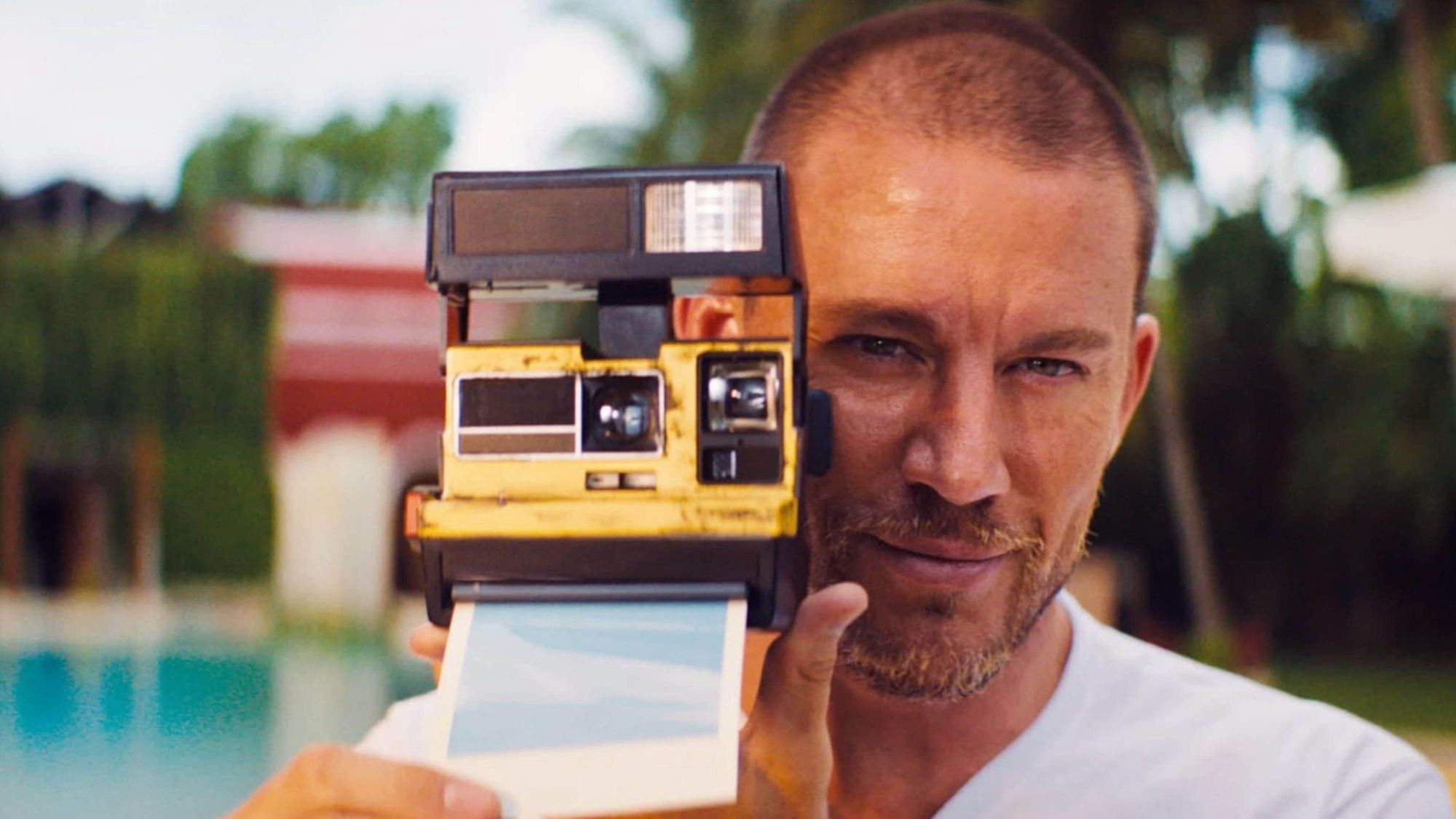 Blink Twice review: a 'stylish and savage' black comedy thriller
Blink Twice review: a 'stylish and savage' black comedy thrillerThe Week Recommends Channing Tatum and Naomi Ackie stun in this film on the hedonistic rich directed by Zoë Kravitz
-
 Shifters review: 'beautiful' new romantic comedy offers 'bittersweet tenderness'
Shifters review: 'beautiful' new romantic comedy offers 'bittersweet tenderness'The Week Recommends The 'inventive, emotionally astute writing' leaves audiences gripped throughout